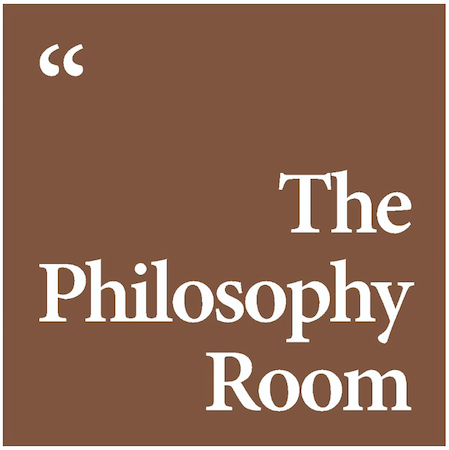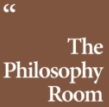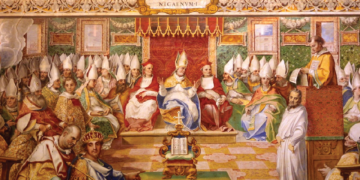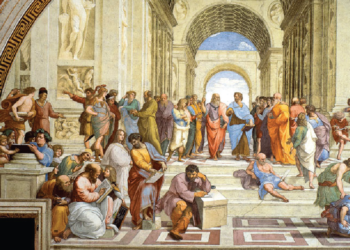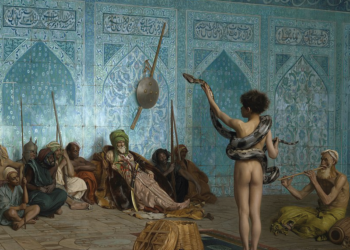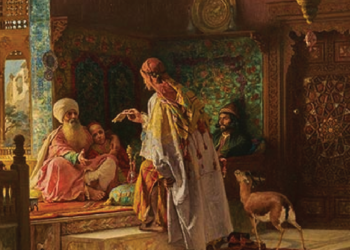History on the move- and progress.
By Federico Giovannini
After the fall of the Berlin Wall, the end of history was declared. Last century was a battleground for hegemonic contest of Fascism, Communism and Liberal Democracy; the latter came out victorious. There was no alternative to the Western Liberal Democratic model. There seemed to be no use of ideological talk anymore. Has history ceased to move?
I believe not. On the one hand, history, understood as the movement of society and ideas towards change, has not stopped. On the other hand, progress, defined as a telos of equality and freedom, seems to recede on unseeable horizons. Stripped of any competition, Western Liberal Democracy became a decadent space. With the rise of the neoliberal form of capitalism in the 1970s and its universal, global affirmation in the 1990s, Western Liberal Democracy delivered inequalities, political disaffection and failed to face the challenge of climate change. This is not progress. But how do we reverse the process of history and head towards progress again?
I believe that the dialectics of the Covid-19 Crisis can offer a negative moment from which we can build a radical positivity to overcome our neoliberal paradigm and think of alternatives for our society.
My argument is the following. A social system maintains its functionality through the reproduction of its values. These values are secured when the discourse in which they are embedded keeps hegemony over alternative discourses. The Covid-19 Crisis is putting neoliberal values at risk by the favouring rise of an anti-economist and socio-humanist discourse. Let us first present the neoliberal discourse. After that, I will sketch the process through which the Covid-19 Crisis put this discourse at risk. Finally, I will reflect on the emancipatory potential of this negativity.
Neoliberalism is based on the discourse of free-market ideals, consumption and production. In short, neoliberal societies tell you that most of the problems, or at least the most important ones, can be better solved through the free-market. In order for this system to work, its actors have to prioritise consumption and production. Indeed, the logic of the free market has penetrated every aspect of our lives. We have been living with the idea that our participation in society has to revolve around consumption and production: we have to spend money for anything, and we have to earn them by working. This discourse affirmed itself again in the face of the pandemic. Despite the different shapes and degrees that the lockdowns took throughout the globe, they equally froze our societies. Only two aspects of our lives have not been halted: consumption and (essential) production. Indeed, lockdown lifts are usually justified in terms of letting the economy breathe by allowing people to go consume at bars, restaurants and shops so that production could be maintained. Places like schools, which are not considered essential to production, were mostly ignored in lockdown evaluations. Only when governments realised that opening up schools would pave the way for parents to work again, they considered re-opening them. The underlying reasoning is still the same: things have priority only in relation to consumption and production.
All over the world, the lockdowns obliged people to stay home or limit direct human contacts. You could buy items from amazon, go out to buy groceries, do smart working and, in some cases, carry out limited work outside of your house. That’s it. Compared to pre-Corona society, human face-to-face socialisation became rare – especially the kind that is not mediated by market logic. It is harder to have a human interaction where neither of the actors are consumers or producers. The lack of human contact hit collective psychology and is now leaving a mark on our thinking. It’s clear: Everyone is starting to realise that human socialisation for its own sake, independent from market logic, is essential for our well-being. Friendship, family, love, affection, etc. – these are the things we began to miss the most. And as we missed them, we took any chance we could to hold on to them and to try to get them back. Within the limited space left out by the law, we tried to make as much contact as possible. It’s not like we started to love friends, family and lovers more than before; in fact, we often found conflict, discord and separation throughout this painful process. What I meant to say is that we started to recognise the value of human affection more than we did before. More than ever, we are desperate to socialise without the interference of capitalist logics. And when we seem like we don’t, it is because loneliness made us less used to it but not less needy.
Acts of cooperation also became more valuable in such a context. What is it then that emerged from this situation? A new discourse of humanity: the idea that buying and working is not enough; the conviction that we cannot, as human beings, be reduced to mere consumers and producers. At our core we are social and affective creatures, and cooperation is a precious prospect. One starts to wonder what is worth living a life that is dictated by consumption and production. The premises of neoliberalism are now in conflict with the reality we live in. Neoliberal ideology relegated our ontology to the economic realm. As a result, reacted to the crisis by reproducing the values of consumption and production. In the process, a new intuition dawned. Humans cannot possibly be actors reduced to economic interests. Our priorities go way beyond that. This new discourse, which is still in the making, can be the beginning of a radical critique of our neo-liberal paradigm. We can start to re-negotiate our ontology and imagine a different society. We can develop a radically alternative ideology to the dominant one. We can re-invent our understanding of the economy itself, by substituting cooperation and humanity for competition and profit.
The dialectics of neoliberalism are paving the way for a new momentum, one that can negate its very premises. History is on the move. If we can build a positive moment out of this negation, we can overcome our current neoliberal paradigm and put progress on the move.
